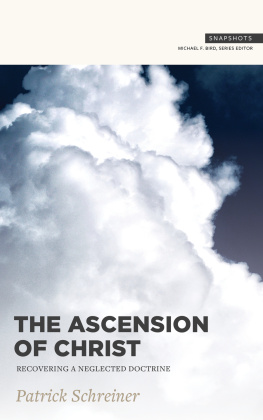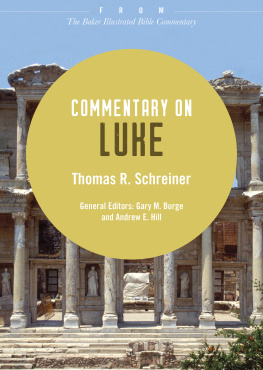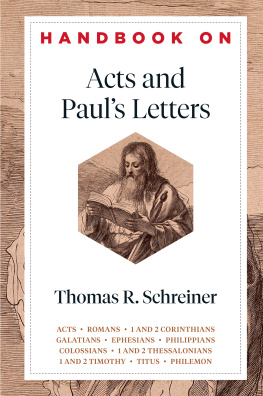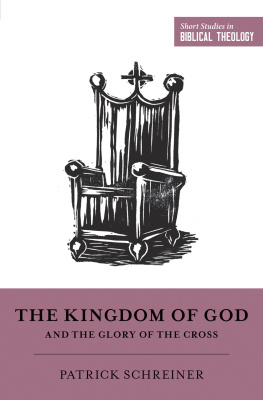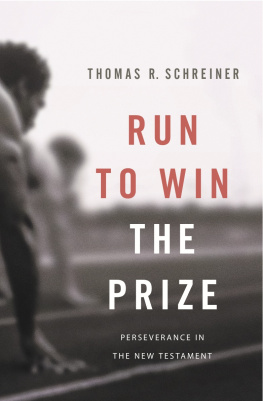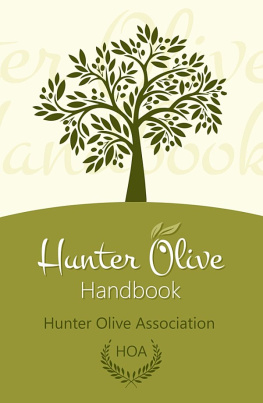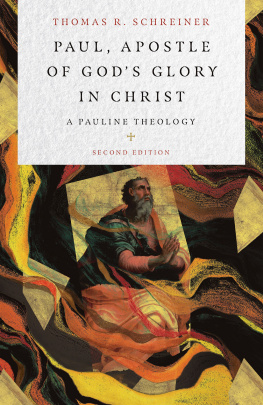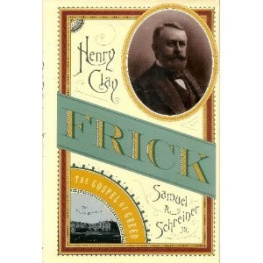THE
POLITICAL SITUATION
By
OLIVE SCHREINER
First published in 1896
Copyright 2020 Read & Co. History
This edition is published by Read & Co. History,
an imprint of Read & Co.
This book is copyright and may not be reproduced or copied in any
way without the express permission of the publisher in writing.
British Library Cataloguing-in-Publication Data
A catalogue record for this book is available
from the British Library.
Read & Co. is part of Read Books Ltd.
For more information visit
www.readandcobooks.co.uk
Olive Schreiner
Olive Schreiner was born on Wittebergen Reserve, Cape Colony (present-day Lesotho) in 1855. After finishing school, she found work as a governess and a schoolteacher, and during her free time began to work on a novel about her experiences in S outh Africa.
When Schreiner had saved enough money, she travelled to Britain, hoping to become a doctor. She lived in London where she began attending lectures at the Medical School, as well as attending socialist meetings. Schreiner met the publisher George Meredith, who in 1883 published her best-known novel, Story of an African Farm. A commercial and critical success, it is now seen as a defining work of early feminism as is her later work, Women and Labour (1911).
Over the rest of her life, Schreiner made the acquaintance of a number of figures in London society, including future Prime Minister William Gladstone. In 1889, she returned to South Africa to be with her family. Her brother, William Schreiner, later became prime minister of Cape Colony. Over the next few years she published two collections of short stories, Dreams (1891) and Dream Life and Real Life (1893). She also became heavily involved in politics, and was a fierce opponent of racism and imperialism. Her 1897 work Trooper Peter Halkett of Mashonaland (1897) was a strong attack on British rule in S outh Africa.
At the outbreak of the First World War, Schreiner moved back to Britain. Over the next four years she was active in the peace movement and worked closely with organizations such as the Union of Democratic Control and the Non-Conscription Fellowship. She returned to South Africa in of August 1920, and dying following a heart attack late r that year.
Two questions force themselves upon us when looking at our political situation in the Cape Colony to-day.
FIRSTLY
What is the cause of that steady and persistent Retrogressive Movement which has marked our political existence during the last years?
SECONDLY
How is that Retrogressive Movement to be stayed?
RETROGRESSIVE
LEGISLATION
While in all civilised countries where representative institutions prevail the tendency is to move without intermission in the direction of a broadened electoral basis, so that in several of the English colonies to-day we find manhood suffrage, or one man one vote, or adult suffrage; and while even the most backward of European countries are rapidly tending year by year towards these conditionswe, I believe, alone among civilised people have deliberately, during the last few years, narrowed our basis, and undone the progressive work of the last generation.
So also while in all enlightened countries during the past sixty years public opinion has been steadily advancing in the direction of doing away with the lash as a punishment for minor offences, we in this country have not only, during the last years, possessed certain individuals in our Legislative Councils who have striven to introduce an Act making legal the infliction of corporal punishment for the smallest offences towards master or mistress on the part of household or other servants, and which, if passed would be merely a recurrence to slavery under a new namebut this Act was voted for by three members in the last Ministry, two of them being Englishmen, and one the Premier, Mr. C ecil Rhodes.
Again, while in all civilised countries the tendency, as each country advances, is to consider more and more the welfare of its labouring classes; to remove oppressive restrictions; to en- endeavour deavour by every lawful means to increase their wages; and to regard the labourer, not merely as a means for increasing the wealth of other sections of the community, but to legislate for his welfare, and to regard his happiness as one of the pressing considerations of the Statewe in this country have, under the Glen Grey Act of last year, brought in and supported by Mr. Cecil Rhodes and his following, an enactment which compels even the self-supporting and industrious native to work for the white man for a certain time every year, whether he will or no; laying himself open to imprisonment or fine if he refuse, even though his going out to labour for the white man should entail the neglect of his own culti vated lands.
So again, with regard to land tenure; while in all progressive countries there is a tendency to obtain and retain as large a part as possible of lands, mines, and great public works as the property of, and to be worked for the benefit of, the nation as a wholewe, in this country, are for ever and completely alienating our public lands, our minerals, our precious stones, and even our p ublic works.
And further, not only are we alienating them within our own boundaries, and allowing almost without a struggle a small band of Monopolists to gain possession and control of that wealth which should be ours and our childrens to employ for the benefit of the nation that shall be, but we are enabling them to grasp adjacent territories still uninhabited by the white man, so that when the mass of civilised men shall enter into occupation there, they will find nothing of value left for themselves in that state which, by their labour, they will have to build up; the alien will already have set his grasp upon all that is fair or rich. For not as in other countries has the Monopolist risen up among us, a growth of our own; he comes from a foreign clime, and sweeps bare the virgin land before him like the locust; and, like the locust, leaves nothing for his successors but the b arren earth.
While in New Zealand and other advanced colonies every legislative effort is being made to retain the land for the people, we are quietly allowing ourselves to be stripped bare session after session, and are confiding our possession into the hands of the Speculator and Monopolist.
Lastly, while in enlightened countries there is a continually increasing tendency to raise the revenue, not by taxing the primary necessaries of life, upon which almost the whole income of the labouring classes is necessarily expended, but to raise it through the taxation of luxuries, whether by means of Excise or Import dues, we in this country find that not only are our necessaries of life already taxed to an appalling extent, is being levied upon us; while diamonds (forming a monopoly of which the Prime Minister is the head) and the intoxicating liquors, inferior in quality, so largely produced in this country, are allowed to go untaxed.





